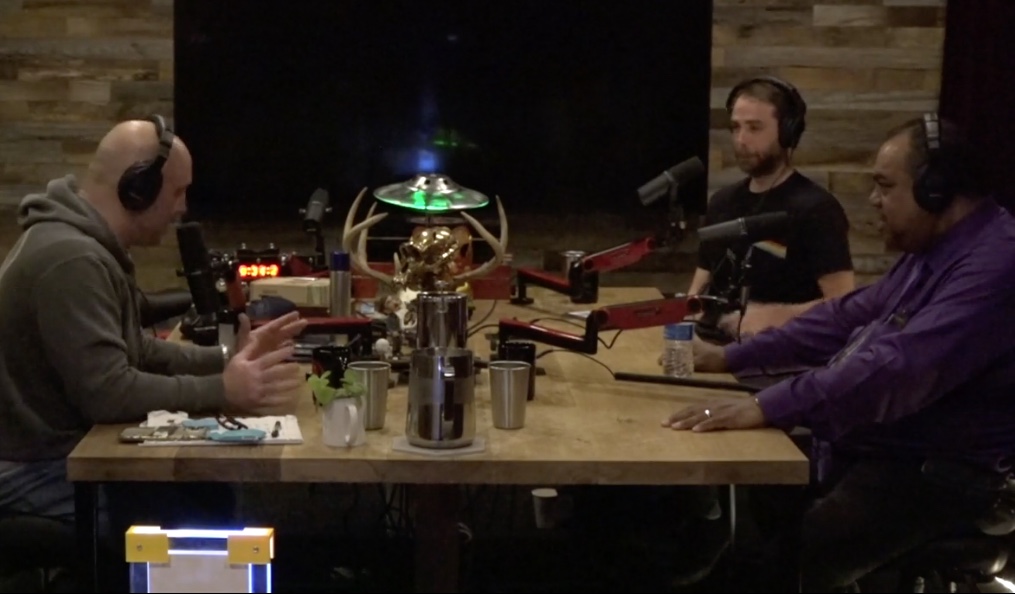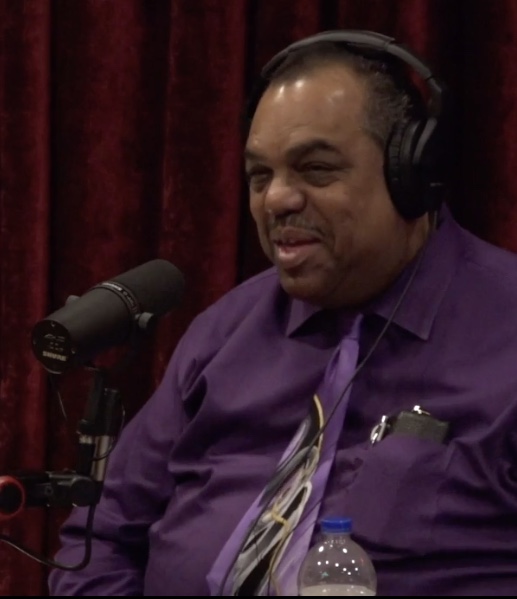How to Be a Human Animal, Chapter 26: The Magic of Tuna Acceleration and Workspaces
This is Chapter 26 of my advice to a hypothetical baby. And yes, what I'm really doing is acting out the time-travel fantasy of going back give myself some pointers on how to navigate life. If I only knew what I now know . . . All of these chapters (soon to be 100) can be found here.
You are only 26 days old, but you will someday escape your crib and your room with the same aplomb with which you escaped your mother's womb. And at some point in your adventures as a bipedal ape, you might be lucky enough to see some fish. One thing that I always found amazing is how fast a fish can go from zero to some absurdly fast speed. It turns out that this was explained in Andy Clark's excellent book, Being There: Putting Brain, Body, and World Together Again (1998). I had the opportunity to take four graduate seminars with Andy at Washington University and he excelled at filled our heads with non-stop counter-intuitive observations and explaining them in clear English. Here's how fish can take off like rockets:
The swimming capacities of many fishes, such as dolphins and bluefin tuna, are staggering. These aquatic beings far outperform anything that nautical science has so far produced. Such fish are both mavericks of maneuverability and, it seems, paradoxes of propulsion. It is estimated that the dolphin for example, is simply not strong enough l to propel itself at the speeds it is observed to reach. In attempting to unravel this mystery, two experts in fluid dynamics, the brothers Michael and George Triantafyllou, have been led ro an interesting hypothesis: that the extraordinary swimming efficiency of certain fishes is due to an evolved capacity to exploit and create additional sources of kinetic energy in the watery environment. Such fishes, it seems, exploit aquatic swirls, eddies, and vortices to " rurbocharge" propulsion and aid maneuverability. Such fluid phenomena sometimes occur naturally (e.g., where flowing water hits a rock). But the fish's exploitation of such external aids does not stop there. Instead, the fish actively creates a variety of vortices and pressure gradients (e.g. by flapping its tail) and then uses these to support subsequent speedy, agile behavior. By thus controlling and exploiting local environmental structure, the fish is able to produce fast starts and turns that make our ocean-going vessels look clumsy, ponderous, and laggardly. " Aided by a continuous parade of such vortices," Triantafyllou and Triantafyllou (1995, p. 69) point out," it is even possible for a fish's swimming efficiency to exceed 100 percent." Ships and submarines reap no such benefits: they treat the aquatic environment as an obstacle to be negotiated and do not seek to subvert it to their own ends by monitoring and massaging the fluid dynamics surrounding the hull.
The tale of the tuna reminds us that biological systems profit profoundly from local environmental structure. The environment is not best conceived solely as a problem domain to be negotiated. It is equally, and crucially, a resource to be factored into the solutions. This simple observation has, as we have seen, some far-reaching consequences. First and foremost, we must recognize the brain for what it is. Ours are not the brains of disembodied spirits conveniently glued into ambulant, corporeal shells of flesh and blood. Rather, they are essentially the brains of embodied agents capable of creating and exploiting structure in the world.
This passage brings me to today's advice: Don't just "Do," as Yoda suggests. Prepare your workspace and then "Do" with apparent super powers! Tuna prepare the nearby water by setting up their own currents before tapping into them. Ka-Bang! Reminds me of the acceleration technique of the cartoon Roadrunner, but tuna acceleration is not fiction.


 perspective of the mass of humanity. And what I've learned is that no matter how far I've gone from our own country, right next door to Canada or Mexico, or halfway around the globe, no matter how different the people I encounter may be--they don't look like me, they don't speak my language, they don't worship as I do, or whatever. I always conclude, at the end of the day, that we all are human beings. And as such, we all want the same five core values in our lives. Everybody wants to be loved. Everybody wants to be respected. Everybody wants to be heard. We all want to be treated fairly. And we all basically want the same things for our family as anybody else wants for their family.
perspective of the mass of humanity. And what I've learned is that no matter how far I've gone from our own country, right next door to Canada or Mexico, or halfway around the globe, no matter how different the people I encounter may be--they don't look like me, they don't speak my language, they don't worship as I do, or whatever. I always conclude, at the end of the day, that we all are human beings. And as such, we all want the same five core values in our lives. Everybody wants to be loved. Everybody wants to be respected. Everybody wants to be heard. We all want to be treated fairly. And we all basically want the same things for our family as anybody else wants for their family.